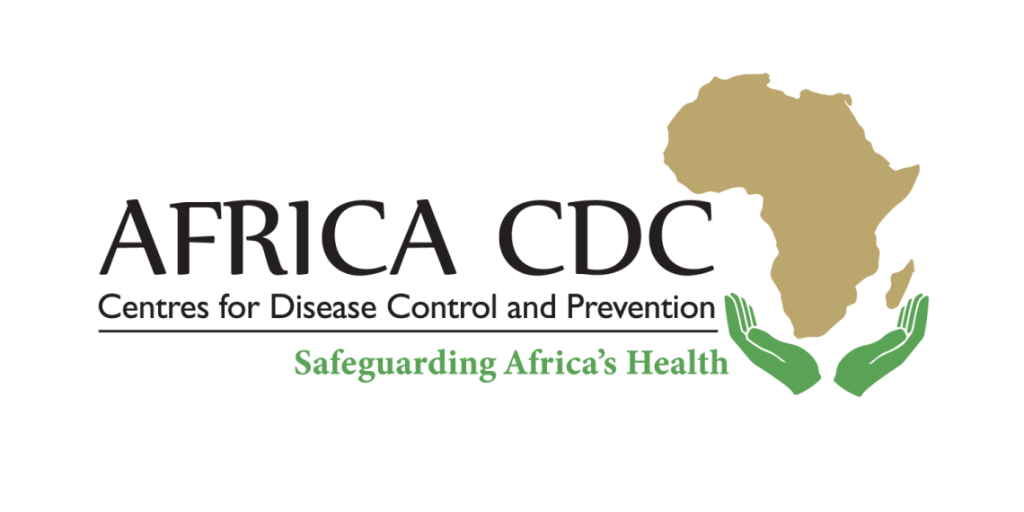
Mr Kaseya said climate change is already wreaking havoc across Africa, driving extreme weather events, shifting disease patterns, food insecurity, and waterborne illnesses

In a bold move to address the growing health crisis caused by climate change, the Africa Centres for Disease Control and Prevention (Africa CDC) has launched a continental framework designed to mitigate the health impacts of climate-related threats across Africa.
Speaking during a webinar on Wednesday, Africa CDC Director-General, Dr. Jean Kaseya, described climate change as “one of the most pressing public health challenges of our time.” He cited alarming data linking over 56% of Africa’s public health events from 2001 to 2021 to climate-related factors such as extreme weather, waterborne illnesses, and shifting disease patterns.
According to the Africa CDC, climate change could lead to:
Dr. Kaseya emphasized that these projections necessitate coordinated, evidence-based actions, urging all African Union Member States to implement the new framework to build climate-resilient health systems.
The strategic roadmap focuses on:
“With the right strategies, partnerships, and investments, Africa can build a future where health systems are robust, communities are empowered, and the health impacts of climate change are effectively managed,” said Dr. Kaseya.
These principles aim to empower policymakers, healthcare providers, and communities to anticipate and mitigate the effects of climate change on public health.
Public health expert Gabriel Adakole praised the framework, describing it as a timely opportunity for Nigeria to:
“This framework is more than a document—it’s a call to action,” said Adakole. “Aligning with it will help countries like Nigeria reduce climate-induced health risks and prepare for future disasters.”
Dr. Kaseya concluded with a call to African leaders, international partners, and stakeholders to “align efforts and harness collective strengths” in combating the continent’s growing health vulnerabilities.
“The journey toward climate resilience is complex, but with a shared vision, we can make meaningful strides in protecting the health of our people,” he said.